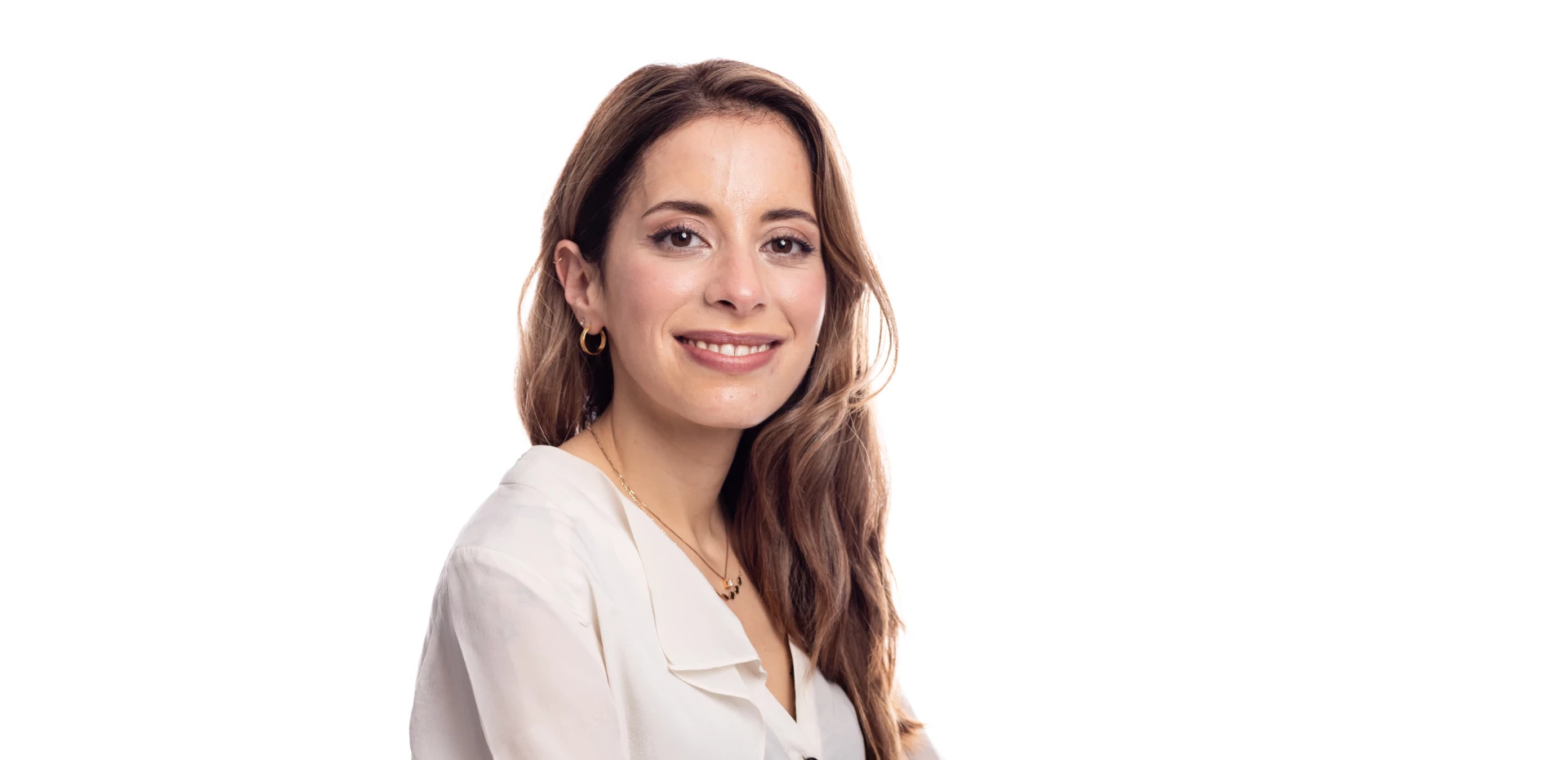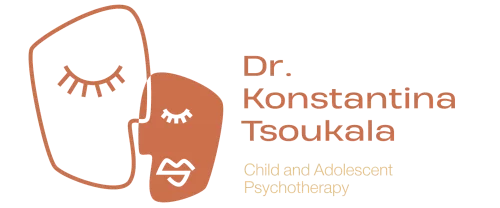I hold a bachelor’s degree (BSc) in Psychology (Aristotle University of Thessaloniki), a master’s (MSc) in Psychoanalytic Developmental Psychology (University College London/ UCL in collaboration with the Anna Freud Centre), as well as a clinical doctorate (DPsych) in Psychoanalytic Psychotherapy in Children and Adolescents (UCL in collaboration with the Anna Freud Centre and the British Psychotherapy Foundation/bpf). Please click here for more information (About)
I have many years of clinical experience, working for 9 years in the private and public sector in the UK. I worked for Child & Adolescent Mental Health Services/CAMHS in the National Health Service/NHS for 7 years. Currently, I am collaborating with a specialist, therapeutic school in Kent, UK.
I recognise that every child / young person (1), as well as every therapist, is different; therefore, I don’t believe in ‘one size fits all’ style of therapy and acknowledge the value of an individualised approach tailored to their different characteristics and needs.
I don’t focus on the symptoms a child may be presenting with and try to identify and understand, in collaboration with them, what might be lying behind their behaviour.
My approach is developmental, so I always take into consideration the age of a young person, as well as the wider context within which they are growing up and operating on a day to day basis (i.e. family, school environment, etc.).
Psychoanalytic Child Psychotherapy
Psychoanalytic Adolescent Psychotherapy (up to the age of 25)
Parent / Carer & Child Psychotherapy
Parent / Carer Counselling
Sadness and constant worry
Anxiety
Various fears and/or phobias
Aggressive and violent behaviour
Insecurity, intense shyness and lack of confidence
Separation difficulties. Please click here for more information (Services)
The terms child and young person are used alternately for purposes of brevity.
The terms parent(s), carer(s), and caregiver(s) are used alternately for purposes of brevity.

